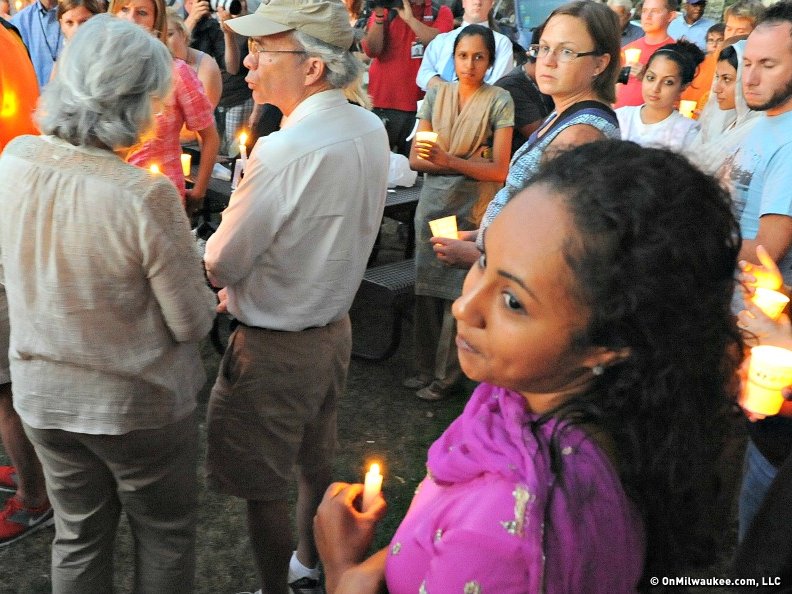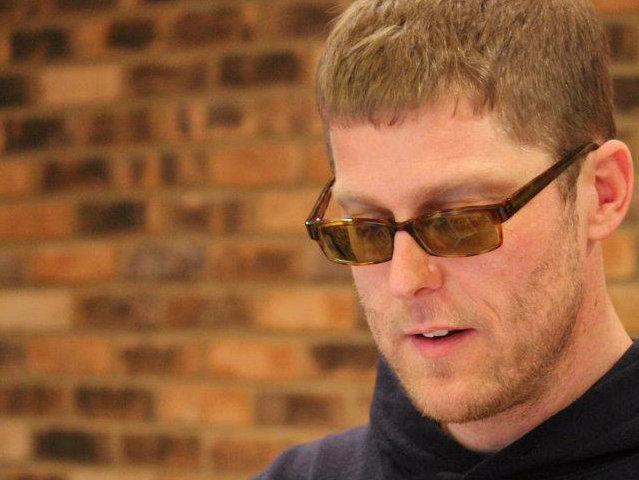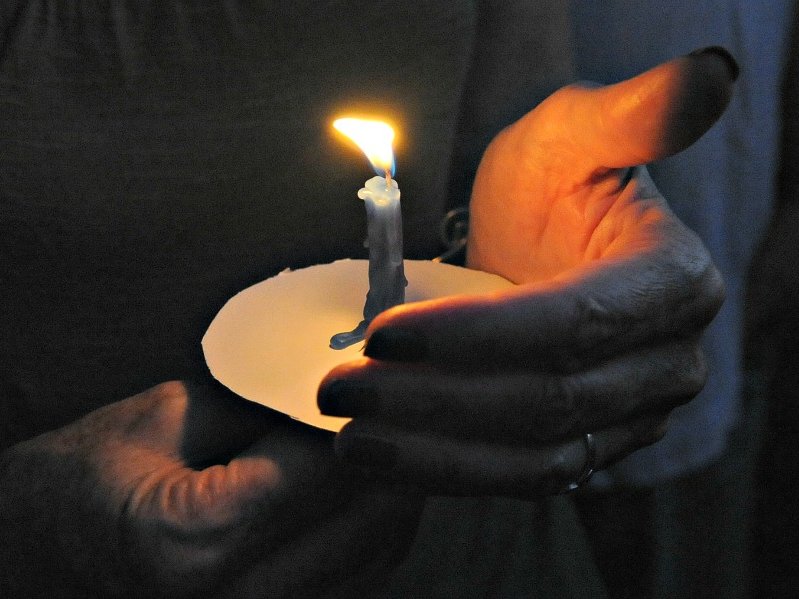Three days have passed since the Sikh temple shooting, and as information continues to emerge about Sunday's events, the culture and faith of Sikhism and its people have grasped the public's attention.
This theme isn't too surprising. As members of the Sikh community continue to speak out, it's become clear that the public is largely unaware of what their faith and their culture are about.
Although it's unfortunate such a tragedy had to occur to spur this cultural awareness, Milwaukeeans can still take proactive steps to develop a greater respect for not just this group, but all of the city's diverse residents.
It will take time for the Sikh community to heal after being shaken so violently by the willful and extreme ignorance of Sunday's shooter.
"Especially for these families, this is not just a death – like dying from cancer or even dying from a car accident – this is calculated and is volitional, so there's a lot of trauma that's associated for the survivors," said Carolyn Gissel, who works as a social worker and therapist in the Inpatient Psych Unit at Columbia St. Mary's Hospital.
"When people are in an acute phase of things, the best thing that you can do is listen."
While listening is an integral step in the healing process, it can also be used as a tool to prevent violence from occurring.
Tara Serebin, executive director of Peace Learning Center, teaches this and many other communication skills to hundreds of elementary and middle school students in the Milwaukee area and throughout Wisconsin each year. Instilling an open mindset early, she said, is crucial for developing a healthy and tolerant community.
"It's huge. We feel like we're trying to get them upstream of the larger problems that happen as they get older. It's a matter of teaching kids how to manage their emotions and their feelings so that they can have proactive conversations and productive solutions for their conflicts.
"We work a lot on inclusion and tolerance for other people's points of view and other people's beliefs as well," she added. "If we can teach them these communication skills when they're a little bit more receptive, then by the time they're in middle school and high school, they'll kind of be ingrained."
By extension, fostering open-mindedness in younger generations not only develops a positive community for the future, but also helps create a more immediate effect.
"I like to think that what we do creates a ripple effect," said Serebin. "If each child who comes to Peace Learning Center takes one skill away and starts to use it, somebody else around them starts to use it. Kids will come back and talk to us about using our conflict resolution in their families, with their parents, with their brothers and sisters.
"We're hoping it will help to prevent some of the larger problems that we've seen in communities."
Teaching tolerance at a young age, however, is only half the battle. Lifetime education is also key to understanding and respecting differences – especially in the wake of Sunday's shooting, according to Mike Helbick, program director at Peace Action Wisconsin.
"The overall goal is education about non-violence," Helbick said of the organization's mission. "We'd like to address what we see as a community, what are the causes of this type of behavior, as well. In our points of unity, one of the points is to develop a more tolerant community and specifically discussing racism in Milwaukee."
To this end, Helbick, Peace Action Wisconsin and other Milwaukee-area non-violence advocates are working to put together a program to help open the doors of communication between Milwaukee's faiths and races.
"We plan to be inviting folks from all over Milwaukee from various communities, particularly those who are interested in working to make Milwaukee a more non-violent and safer place," he said. "We want to educate about our diversity in our community, but also along with that we'd like to offer some kind of pragmatic and real solutions to the problems of violence and racism.
Measures like this won't help solve the problem overnight, but starting a dialogue and encouraging respect can go a long way to help prevent the unfounded hatred that led to the Sikh temple shooting.
"Obviously the man who committed this act, he was troubled as far as his viewpoint on other races and people around him," said Helbick. "We really see this as an ongoing education that needs to be done."
Contrary to her natural state of being, Renee Lorenz is a total optimist when it comes to Milwaukee. Since beginning her career with OnMilwaukee.com, her occasional forays into the awesomeness that is the Brew City have turned into an overwhelming desire to discover anything and everything that's new, fun or just ... "different."
Expect her random musings to cover both the new and "new-to-her" aspects of Miltown goings-on, in addition to periodically straying completely off-topic, which usually manifests itself in the form of an obscure movie reference.







